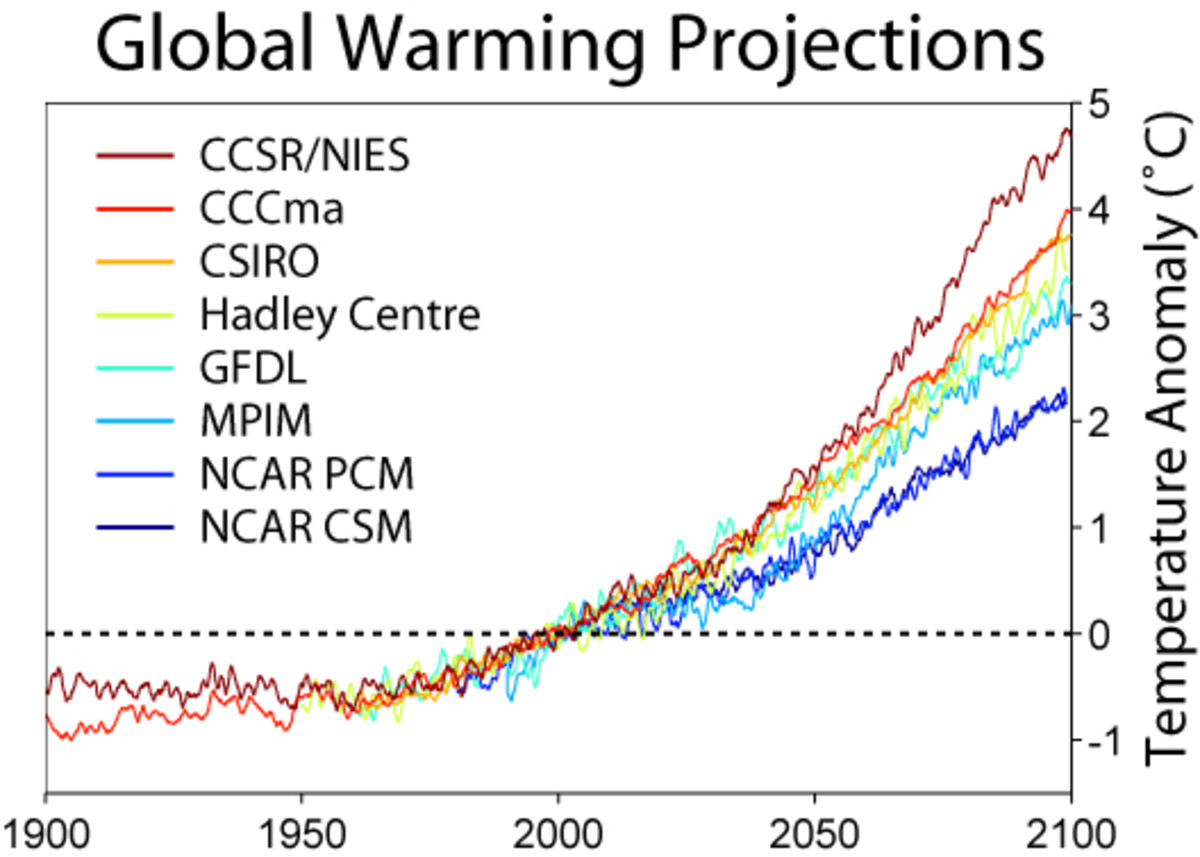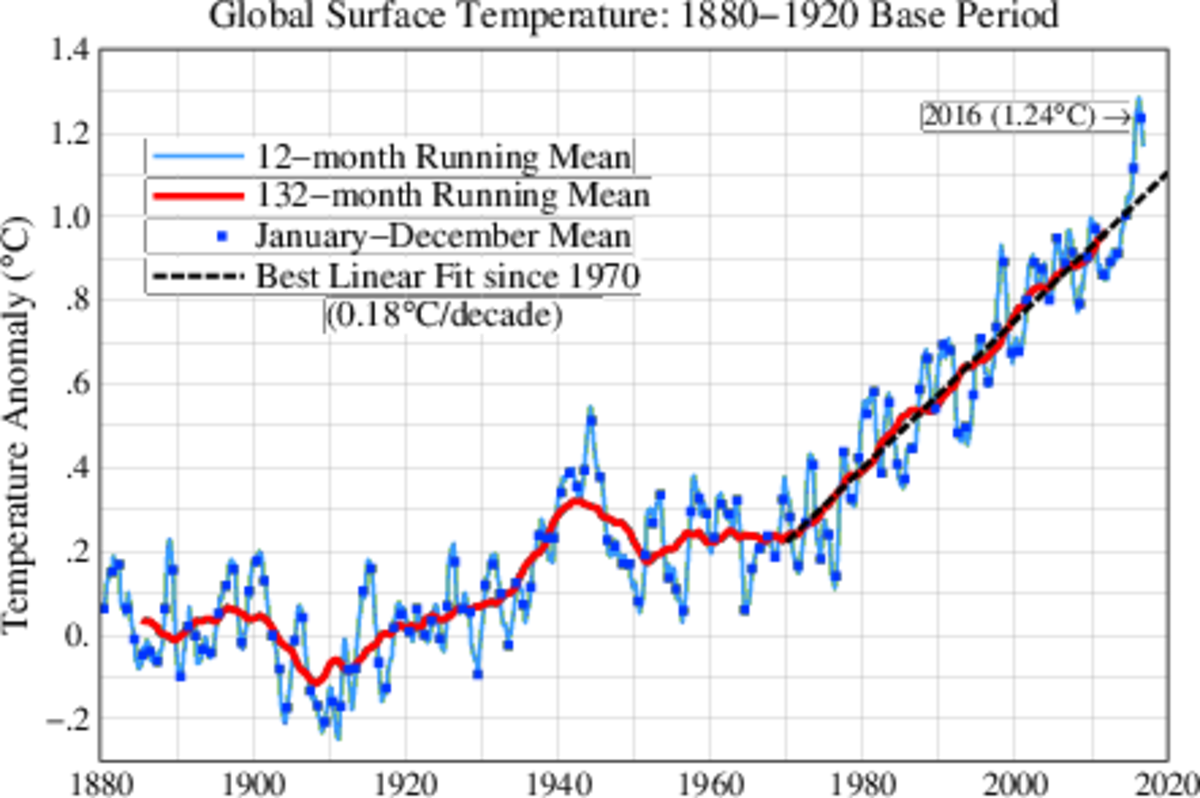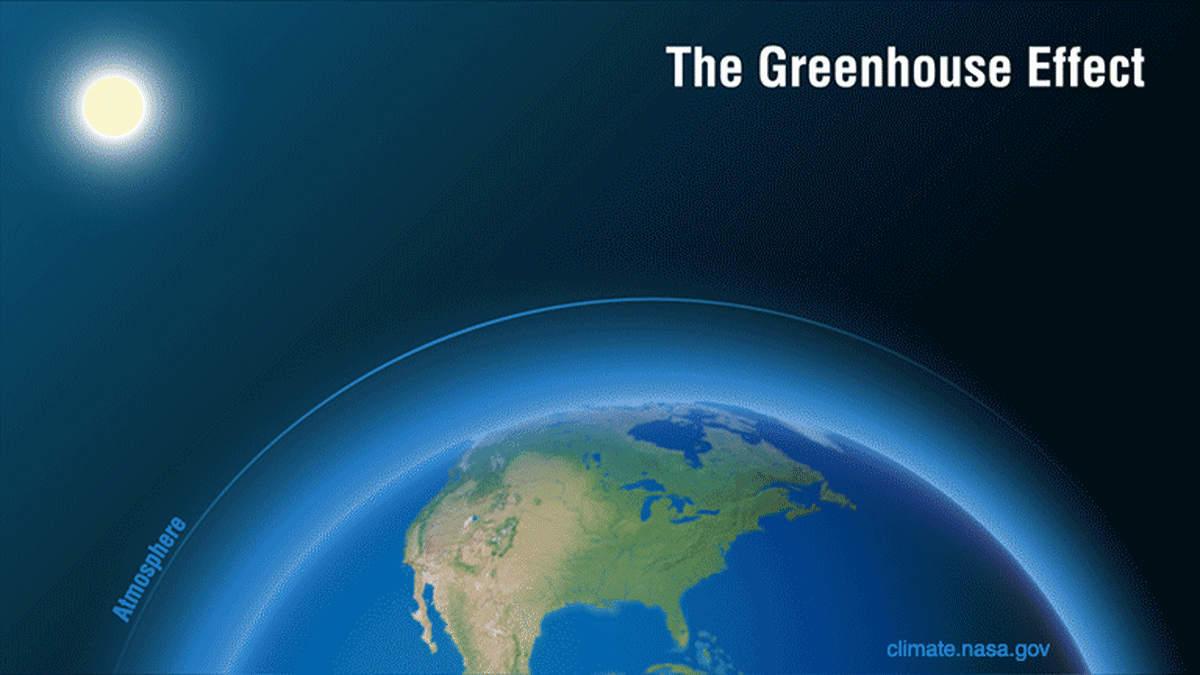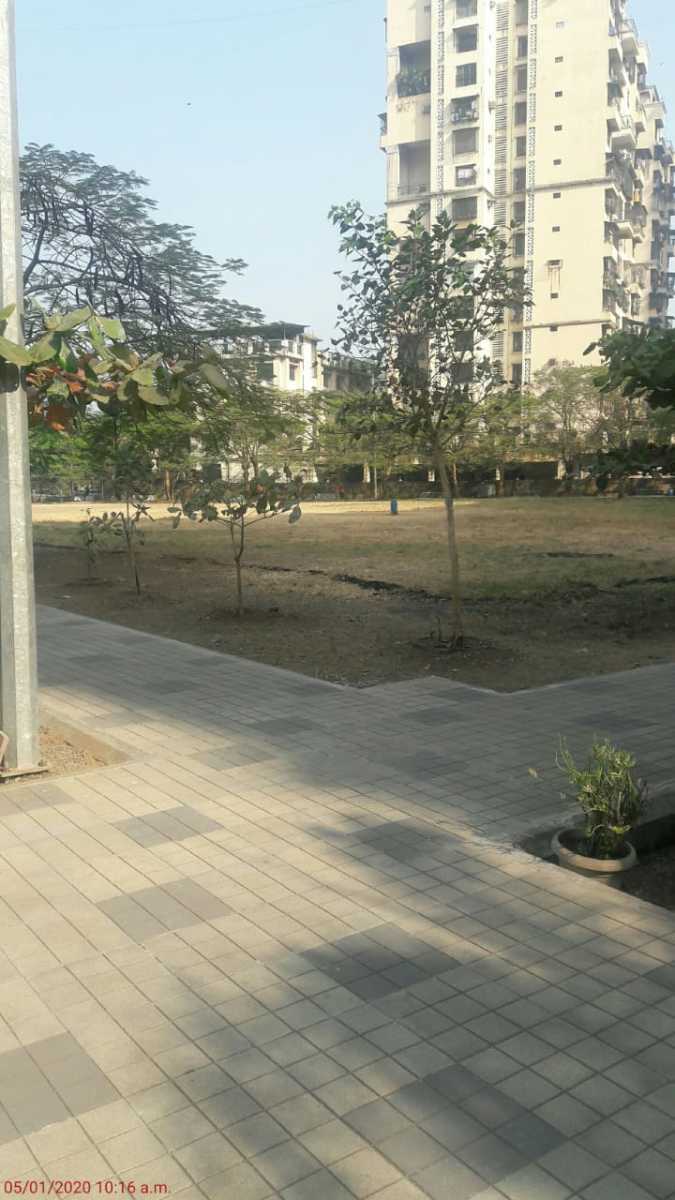Trees For the World
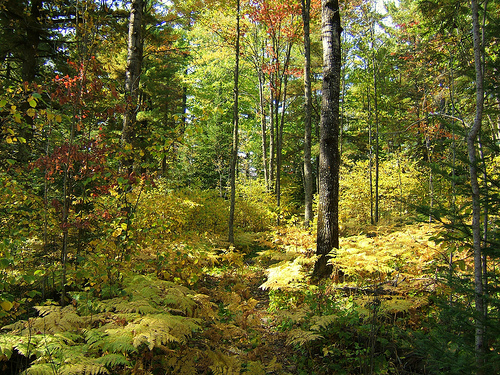
Deforestation is one of the most urgent environmental problems today, because it affects both human and environmental health in surprising ways.
The Benefits of Trees
In America, trees are popular for their shade and natural beauty, as well as the many products they provide to humans, including wood and pulp products. In many other areas, the presence, or lack thereof, of trees can literally be a life or death situation. Many countries are still dependant mainly on wood to provide cooking fires for their citizens. In some countries, women (mainly) must travel hours every day to find enough wood to cook a single meal - hours that they can not spend raising food, running a family business, or educating themselves or their children.
Additionally, trees are a hugely important climate regulator. Everybody knows that it's cooler in the shade than out. Trees are widely used to combat the "heat island" effect of cities. Trees also add water vapor to the atmosphere, increasing cloudiness, and therefore coolness. A single large tree can transpire 2000 gallons of water on a hot, dry day, and large forests even create their own microclimate. Up to 50% of the rainfall that falls on forested land comes directly from the trees themselves. For this reason, deforestation tends to increase the frequency and severity of droughts, which can lead to desertification and make it difficult to reforest the land.
In recent years, another climate-regulating ability of trees has come under much scrutiny. As concerns about climate change have grown around the world, the carbon sequestration powers of trees have become very important. Trees absorb and store massive quantities of carbon dioxide from the atmosphere, combating climate change. A single large sugar maple tree, for example, can sequester 450 pounds of carbon dioxide per year. Unfortunately, when trees are logged or burned, they release the stored carbon dioxide back into the atmosphere, so deforestation not only prevents trees from acting as "carbon sinks," it also actively increases carbon emissions. Indonesia and Brazil now have the dubious honor of being the third and fourth largest emitters of carbon dioxide among the world's nations, almost entirely as a result of the deforestation occurring in their respective countries. At least 17% of global carbon emissions are caused by deforestation, making it the third leading cause of climate change, behind energy generation and industrial emissions and ahead of transportation. In fact, some scientists estimate that the amount of carbon dioxide released every day into the atmosphere by deforestation is the equivalent of 8 million people flying from New York to London.
Trees also reduce erosion, act as windbreaks, increase biodiversity by providing food and shelter for many animal species (including humans), improve the soil by adding organic matter from fallen leaves and branches and raising nutrients through their roots up to the surface, and many other benefits. A recent study of tree planting programs in five cities in the Western United States found that for every dollar a community spent planting and caring for trees, it received two dollars back, primarily in the form of reduced heating and air conditioning bills and higher property values. Other environmental benefits can also be added to the tally. After severe flooding in China's Yangtze River Basin caused $30 billion worth of damage, Beijing forbade logging in the region and began paying local loggers to plant trees, concluding that, due to their role as flood control agents, the economic value of living trees was greater than economic value of logged ones.
The United Nations Environmental Programme (UNEP) has launched a major effort to plant billions of trees around the world in an effort to combat some of the problems caused by deforestation, and there are many smaller organizations working in partnership with UNEP to achieve its goals. Here are a few of the main programs:
A Touch of Inspiration
At first, I thought I was fighting to save rubber trees, then I thought I was fighting to save the Amazon rainforest. Now I realize I am fighting for humanity.
-- Chico Mendes

Help the Nature Conservancy Plant a Billion Trees in Brazil
The Nature Conservancy has taken a leading role in efforts to slow and reverse deforestation. Currently, it is holding a campaign to Plant a Billion Trees in the Atlantic Rainforest of Brazil.
The Atlantic Rainforest rivals its more famous neighbor, the Amazon, in biodiversity, with 23 species of primates, 1000 species of bird, and over 20,000 plant species. However, it has been devastated by urban and coastal development, logging, ranching, and unsound farming practices. Only 7% of the forest remains intact.
The Nature Conservancy plans to plant one billion trees in the Atlantic Rainforest. $1 plants one tree, and on the official website of the campaign you can join and receive widgets and other goodies to track how many trees you and your friends and family have planted.
In addition to helping restore the region's forests, the Nature Conservancy estimates that one billion trees will remove 10 billion tons of carbon dioxide from the atmosphere every year - the equivalent of taking 2 million cars off the road. Additionally, the Atlantic Forest provides water and hydroelectric power for 120 million people in the region, and its restoration is important to maintain the livelihoods of tens of thousands more.
More Rainforest Conservation and Restoration Organizations
- Rainforest Action Network
Rainforest Action Network campaigns for the forests, their inhabitants and the natural systems that sustain life by transforming the global marketplace through education, grassroots organizing, and non-violent direct action. - Rainforest Alliance
The Rainforest Alliance is dedicated to protecting rainforest and other ecosystems and the people and wildlife that depend on them by transforming land-use practices, business practices and consumer behavior. - Ecotrust
Private, nonprofit organization established in 1991 to promote conservation-based development, beginning in the temperate rain forests of North America.
A Touch of Inspiration
A society grows great when old men plant trees whose shade they know they shall never sit in.
-- Greek proverb
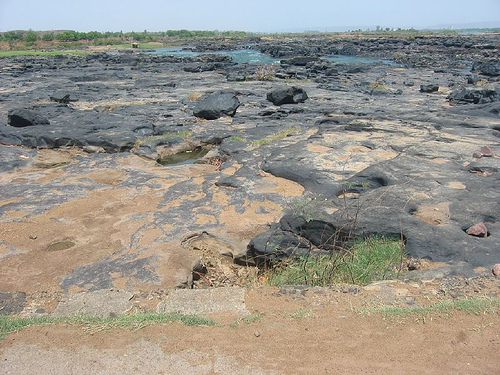
Fight Desertification in Niger
Another organization, Tree Nation, aims to plant 8 million trees in the African nation of Niger, which is suffering from severe deforestation and desertification. The UN Human Development Index ranks Niger as the poorest country in the world. Its economy was devastated by the collapse of the uranium market, and is today sustained primarily by subsistence farming. The country's rapid population rise has put intense pressure on its forests due to the need for arable land and the widespread use of wood cooking fires. Between 1990 and 2005, Niger lost nearly 40 percent of its forest cover.
The Sahara Desert, which already covered roughly 2/3 of the country's land area is encroaching into the country's deforested areas at a rate of 200,000 hectares every year, putting even more pressure on the country's forests, as the desertification drives farmers into the remaining green areas.
Planting trees in Niger will help slow desertification and provide firewood and agroforestry opportunities for Niger's poor.
Other African tree-planting programs include the Kenyan campaign Dream Trees and 2004 Nobel Laureate Wangari Maathai's Green Belt Movement.
Deforestation Watchdogs
- Global Forest Watch
Provides information on logging, mining, and other development activities within and around frontier forests as, or before, it happens.
A Touch of Inspiration
He who plants a tree loves others beside himself.
-- English proverb

Start Your Own Tree Planting Project
Planting trees in your own backyard is a fantastic way to help both the environment and your own pocketbook. Trees planted around your home can increase its value by 15% or more, and well-placed trees can reduce your heating and cooling bills substantially by providing cooling shade in the summer and shelter from wind in the winter.
Trees can attract birds and other wildlife to your yard, and provide food and firewood for your family. In recent years, interest in agroforestry and so-called "edible forest gardens" has risen in rural and urban areas alike.
For more information about the many benefits of trees and the best kinds of trees to plant in your area, visit the Arbor Day Foundation or TreesAreGood.com.
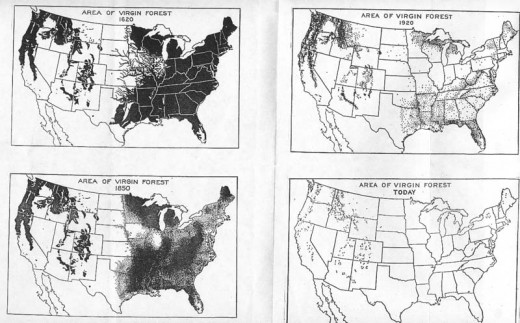
More Great Tree-Planting Organizations and Websites
- American Forests
American Forests works to protect, restore and enhance the natural capital of trees and forests. - PATT Foundation
The PATT Foundation, or Plant-A-Tree-Today is a UK registered charity organisation based in Bangkok, Thailand. We are aimed at promoting tree planting projects, sustainable agriculture, and school nurseries. - World Agroforestry Centre
Our vision is an 'agroforestry transformation' in the developing world resulting in a massive increase in the use of working trees on working landscapes by smallholder rural households. - Trees for the Future
Since 1989, Trees for the Future has been helping communities around the world plant trees. - Global Trees Campaign
The Global Trees Campaign aims to save the world's most threatened tree species and their habitats through provision of information, conservation action and support for sustainable use.







